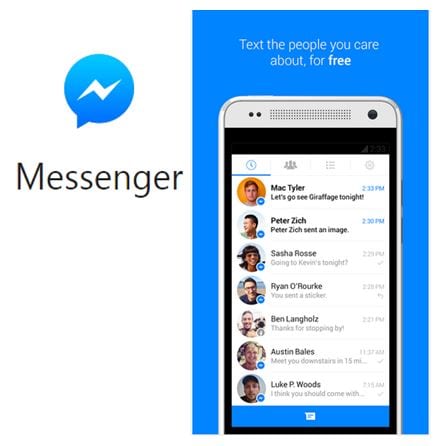Facebook (NASDAQ:FB) is developing a virtual assistant for Messenger, according to the The Information based on information from people familiar with the matter.
According to the report, the social network giant is internally calling its virtual assistant as “moneypenny,” the name of the fictional secretary from Ian Fleming’s book and film series, James Bond.
Facebook is obviously following the footsteps of its fellow technology giants. Apple (NASDAQ:AAPL), Google (NASDAQ:GOOG) (NASDAQ:GOOGL) and Microsoft (NASDAQ: MSFT) have a virtual assistant called Siri, Google Now, and Cortana, respectively.
Moneypenny will use actual human intelligence to allow users to ask real people to answer a question or help accomplish a task, according to the report. Cortana, Google Now and Siri respond to users’ inquiry using a combination of artificial intelligence and search.
Facebook’s move to enter the virtual assistant space is sensible
Technology observers commented that Facebook’s decision to enter the virtual assistant space is not surprising. In fact, the move is sensible since its fellow technology giants were successful in this area.
According to them, Facebook is a perfect platform for a virtual assistant because it has a massive data. Moneypenney will be effective in providing relevant answers to users’ query.
Technology analyst Patrick Moorhead said, “It makes sense that they would try this. The best assistants have mountains of information on us that can be used to improve context. And Facebook has more personal data than anyone other than Google.”
Facebook has big projects for Messenger
Integrating moneypenny on Messenger shows that Facebook wants to make the app highly-competitive. Facebook Messenger has more than 700 million active users.
Last month, David Marcus, head of Messenger told TechCrunch that Facebook has big projects for the app. The social network giant is planning to roll out the Messenger for Business Systems, which allows online merchants to offer customer support using the app.
Facebook recently added several features on Messenger including the friend-to-friend payments, new location sharing options, a dedicated web interface, VOIP video calling, and others.
Facebook Messenger is becoming popular as a free SMS alternative in emerging markets. Many people in the emerging markets are not yet on Facebook. The Messenger is the first step for them to become part of the social network.
“The only way we can grow in those markets is for people who aren’t on Facebook to be able to join. We don’t want to stop until everyone is on the platform because it makes for such a better experience when you know you can find everyone,” said Marcus.









